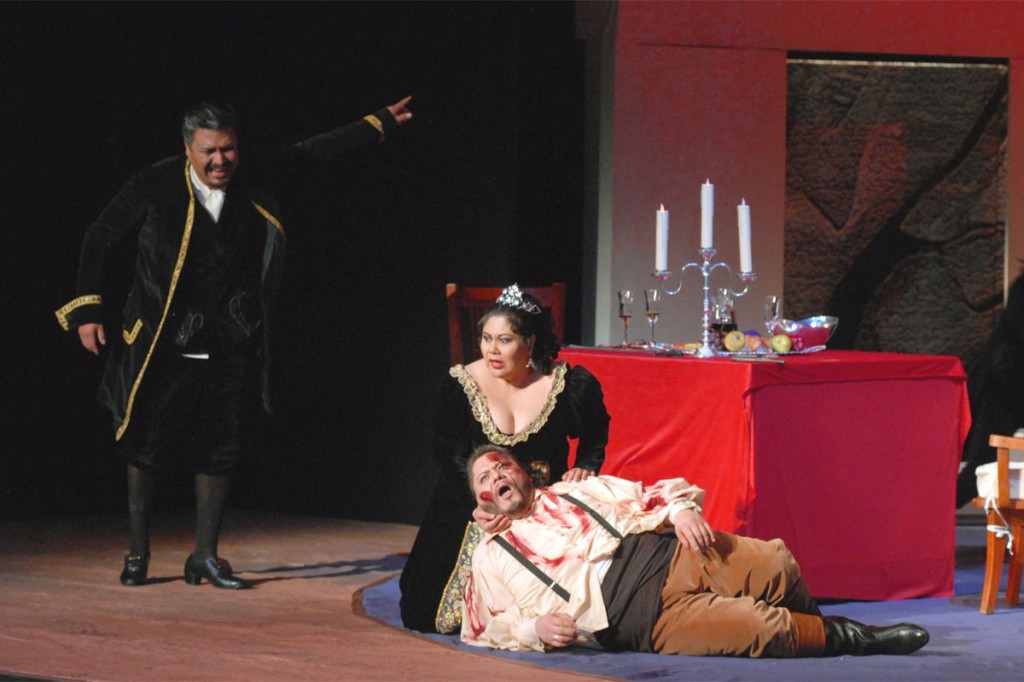
She grabs a dagger and, declaring her love for the stranger, kills herself. The slave girl says that she alone knows the suitor’s name but refuses to answer even when she is tortured.

Soldiers capture Timur and Liù and bring them before the princess.

Turandot issues a proclamation that no one can sleep until the stranger’s identity is discovered. He declares that if she can learn his name by dawn, she can have him beheaded. As a result, Turandot is determined never to marry and to carry out revenge on any suitors. (Turandot could be thought of as a forerunner of the #MeToo movement.)Ĭalàf answers her three riddles, but he inexplicably gives her another chance to execute him. In the second act, Turandot appears and relates how her ancestor, Princess Lou-Ling, was kidnapped, raped, and murdered by an enemy army. Three comic characters-the ministers Ping, Pang, and Pong-also try to discourage him. When Calàf announces his intention to win Turandot’s hand in marriage, his father and Liù tell him he’s nuts.

The old man is traveling with Liù, a slave girl, who readily admits that her feelings toward Calàf are the reason she continues to care for his father. Calàf is among the onlookers and strangely decides the princess is the woman for him.Ĭoincidentally, he recognizes in the crowd his long lost father, the exiled King Timur of Tartary. At the beginning, the Prince of Persia is beheaded for failing the test. Icy Princess Turandot is eligible to be married, but the dating ritual is deadly suitors have to answer three riddles or die. The most affecting character is not the ruthless title figure whom the hero loves, but the devoted slave girl Liù, who only has eyes for him. Puccini was usually attracted to weepy stories, like “Madame Butterfly” or “La Bohème,” but “Turandot” is not especially heartwarming. While the score reflects Puccini’s melodic gift, it also incorporates themes from traditional Chinese music. In fact, “Turandot” was unfinished at his death and completed by Franco Alfano. Like Giuseppe Verdi, composer Giacomo Puccini’s (1858–1924) talent lasted until the end of his life. With The Met’s top-flight orchestra, chorus, and strong cast, the music casts its own spell.Īlthough “Turandot” takes place in ancient China, the work is based on a 1762 play by Italian writer Carlo Gozzi. NEW YORK-What is the most spectacular set at The Metropolitan Opera this season? As in many prior years, it is Franco Zeffirelli’s Peking Imperial Palace in “Turandot,” which was first unveiled in 1987.


 0 kommentar(er)
0 kommentar(er)
